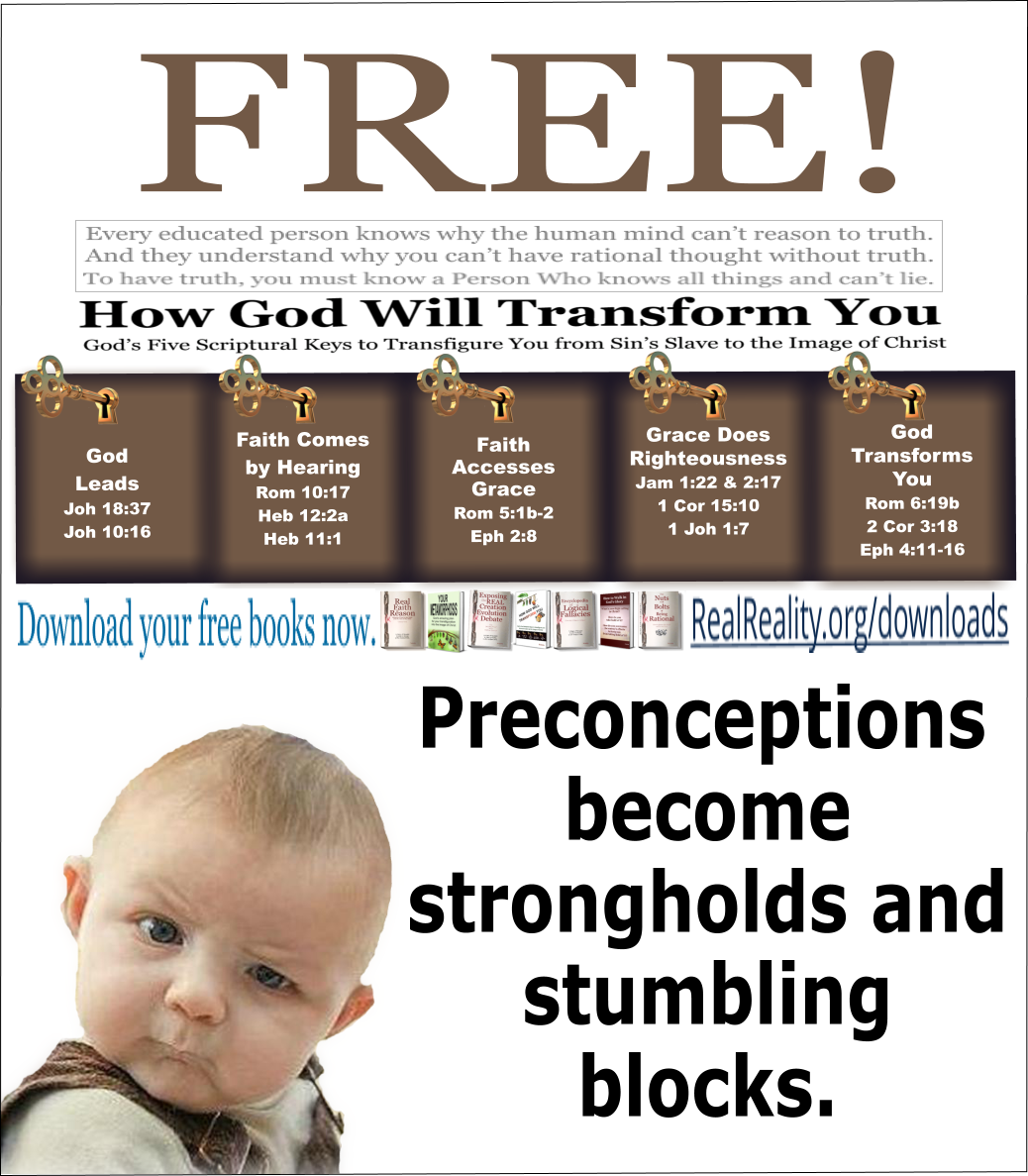
Truth Will Set You Free: BEING TAUGHT BY GOD
Now, it’s becoming clear.
If you stand in the presence of Christ continually, listening to His voice, He’ll teach you as His student. He’ll lead, teach, and correct you. Something in listening to His voice will set you free from your slavery to sin. Without this, you remain slaves.
You can even be born again and find yourself as slaves to sin, constantly doing what you don’t want to do. The apostle Paul talked about that. And yet, you can be free. When you listen to Christ’s voice, it sets you free.
I’m talking about maturity. I’m not talking about being born again. When you’re born again, you’re born as a baby in Christ. However, God wants you to grow up. When you grow up, you experience all the promises in the Bible. Consider the works Jesus did. Consider the works the apostles and prophets did. Those were just a foretaste. God has much more for you. What are the limits?
Some people say it’s impossible to leave sin behind completely. Others say if you sin it proves you weren’t born again. Others have other ideas. All these opinions bring up many questions. Hopefully, God will answer all your questions before you’re finished. You can see that Truth sets you free from sin. And listening to Jesus Christ is the key to Truth.
FREE Book: “How to Walk in God’s Glory”
https://realreality.org/downloads/free-book-download-your-high-calling-in-christ/









